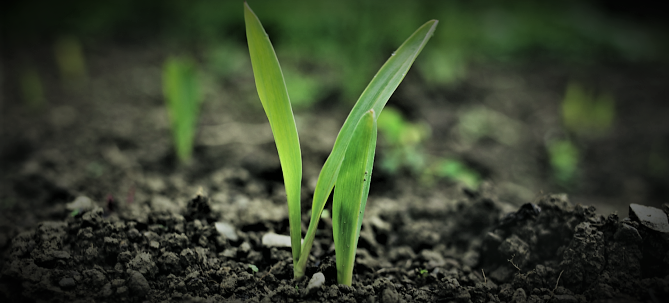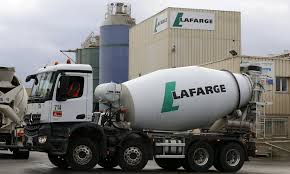
Institute of Soil Science Trains Farmers on Soil Resources Management
In line with the mandate to promote soil quality management, the Nigeria Institute of Soil Science (NISS) has concluded training for farmers and extension agents across the North West states.
Thirty farmers and Extension Agents from Sokoto, Kebbi, Zamfara states and 53 farmers and Extension Agents drawn from Kano, Kaduna, Katsina and Jigawa states participated at the one-day training, held simultaneously in Sokoto and Kano states.
In his welcome address the Program Manager of Sokoto Agricultural Development Project, SADP, Abubakar Malami commended NISS for training and retraining of farmers and Extension Agents in the country on various activities. He enjoined the participants to make good use of the knowledge to be acquired during the workshop and step it down to the grass root level.
Professor Samaila Sani Noma, of the Department of Soil Science and Agricultural Engineering, Usmanu Danfodiyo University Sokoto, UDUS, who is the zonal coordinator, remarked that, the training is the second on the Protection and Management of Soil Resources but, sixth in the series held in the zone.
Dr. Haliru Muazu, in his lecture, “Soil Resources of Nigeria,” pointed out that, the soils of Sokoto, Kebbi and Zamfara states are moderately fertile with sandy to loamy sand textures with varying depths.
According to him, “soils of Nigeria, like in other parts of the world are experiencing various forms of degradation hence, the call for proper management and protection of soil resources in Nigeria by all concerned from farmers to policy makers.”
Malam Murtala Mohammed Sauwa, in his lecture, “Integrated Soil Fertility Management,” grouped the processes of soil degradation into five classes, soil erosion (water & wind); soil fertility decline; salinization; water logging and lowering of the water table.
For effective fertilizer use, Malam Murtala recommended application of the ‘4Rs’ – right fertilizer product, at the right rate, at the right time and, at the right place.
On his part, Malam Saleh Lukman lecture, dwelled on ‘Good Agricultural Practices and Soil Fertility Management for Rice Production in Nigeria.’
He highlighted choice of land, land preparation, recommended varieties, seed management, sowing methods, fertilizer application and time of application, weeding, pest and disease control, harvesting and threshing as good practices for rice production in Nigeria.
In Kano, the lead trainer, Professor Nafi’u Abdu of Ahmadu Bello University, Zaria, stated that, the workshop is aimed at training the farmers on the importance of soil and how to manage it for sustainable agricultural production and environmental protection.






